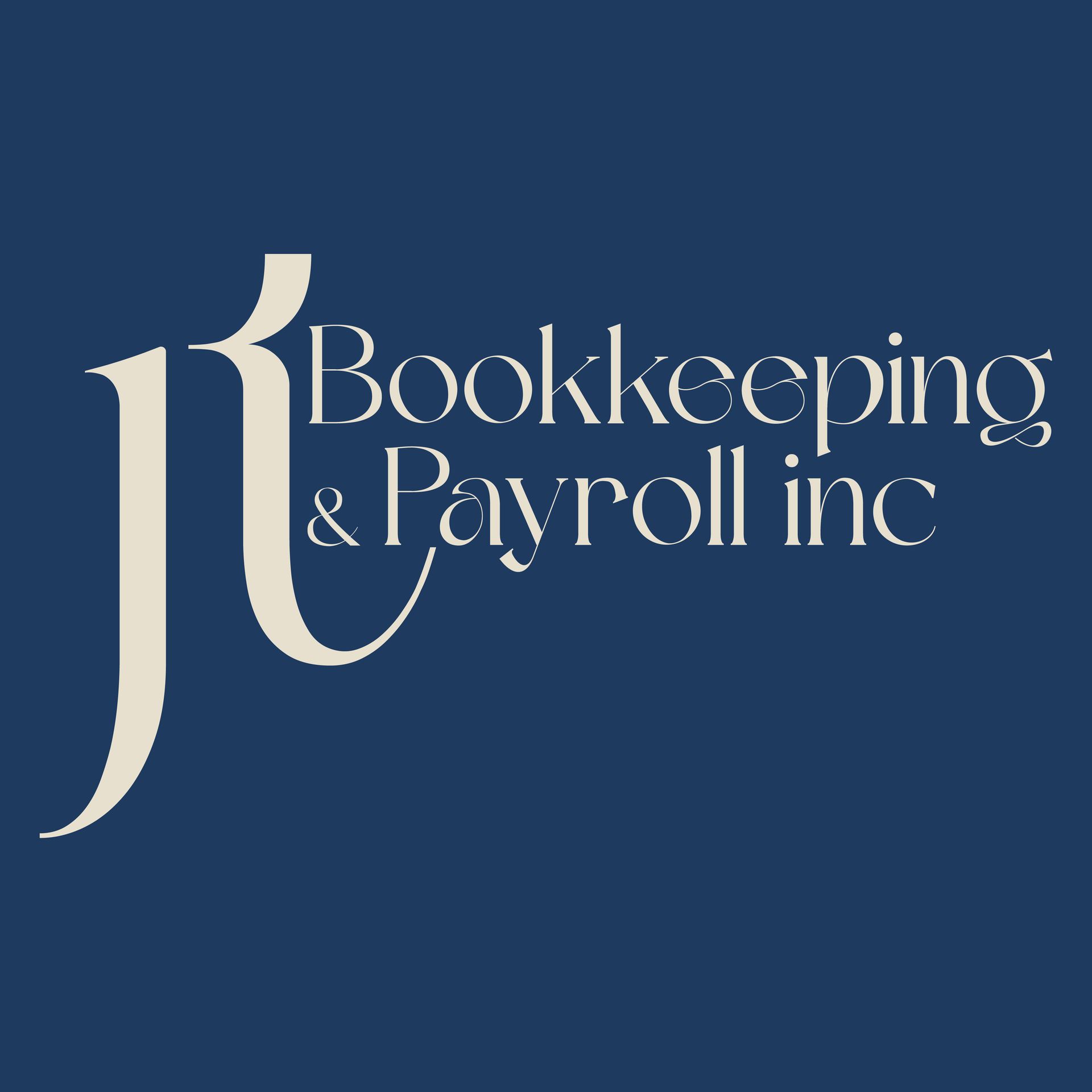A Comprehensive Guide to Bookkeeping for Small Businesses in Nova Scotia
Bookkeeping is a critical component of running a successful small business, especially in Nova Scotia where specific regulations and tax requirements must be adhered to. Understanding the ins and outs of bookkeeping can help you maintain accurate financial records, make informed decisions, and ensure compliance with local laws.

Understanding the Basics of Bookkeeping
At its core, bookkeeping involves recording all financial transactions of a business. This includes sales, expenses, payroll, and tax payments. For small businesses in Nova Scotia, maintaining accurate records is essential for assessing financial health and preparing for tax season.
The Importance of Accurate Record Keeping
Accurate record-keeping is crucial for several reasons. Firstly, it ensures that you have a clear picture of your business's financial status. Secondly, it helps you track expenses and revenues, making it easier to identify areas that may need improvement. Lastly, proper bookkeeping is required by law to ensure you are paying the correct amount of taxes.

Setting Up a Bookkeeping System
Setting up an effective bookkeeping system involves choosing the right software or method that suits your business needs. Many small businesses in Nova Scotia opt for cloud-based accounting software due to its accessibility and ease of use. Popular options include QuickBooks, Xero, and FreshBooks.
Choosing the Right Accounting Software
When selecting accounting software, consider factors such as cost, features, scalability, and user-friendliness. Ensure the software you choose can handle your business’s specific needs and complies with Canadian regulations.

Key Bookkeeping Practices
Implementing effective bookkeeping practices can streamline your financial management process. Here are some essential practices to incorporate:
- Regularly reconcile bank statements: Ensure that your records match your bank statements to avoid discrepancies.
- Track expenses diligently: Keep track of all business-related expenses and categorize them for better financial analysis.
- Maintain organized records: Store your financial documents in an orderly manner to make retrieval easy when needed.
Understanding Tax Obligations
In Nova Scotia, small businesses must comply with federal and provincial tax obligations. This includes filing income tax returns, collecting and remitting HST, and possibly payroll taxes if you have employees. Understanding these obligations will help you avoid penalties and manage your finances more effectively.

Hiring a Professional Bookkeeper
While many small business owners handle bookkeeping themselves, hiring a professional bookkeeper can be a wise investment. A professional can ensure that your records are accurate and up-to-date, and provide valuable financial insights. This allows you to focus on growing your business.
Benefits of Professional Bookkeeping Services
Professional bookkeepers offer expertise and peace of mind. They stay updated on the latest tax laws and can help you optimize your financial processes. Hiring a bookkeeper can also save time, allowing you to dedicate more resources to your core business activities.
In conclusion, effective bookkeeping is essential for small businesses in Nova Scotia. By understanding and implementing the right practices, you can ensure your business's financial health and compliance with local regulations.
